Fixing Index Bloat :
How to Clean Up Your Website for Better SEO
Have you ever thought about why your website is not performing as it used to despite all the SEO efforts? Or maybe your pages are not ranking as expected, or perhaps the search engines are ignoring your best content. In such cases, the problem is not with the content or the backlinks but something lurking in the background called index bloat.
Search engines such as Google continuously crawl and index pages to know how relevant the pages are for the users. However, unnecessary or low-value pages that also get indexed will dilute the quality of your site in the search results. This problem, called index bloat, can quietly harm your SEO strategy and the performance of your website overall.
What Is Index Bloat?
This is commonly referred to as index bloat, when there are too many pages being indexed for your website, especially those that don’t bring much value to the table. The identified pages could actually include duplicate, thin content, auto-generated tags, or just outdated content that remains accessible but has no useful information. Rather than sending positive signals for increased visibility, these added pages will consume your crawl budget and lead search engines having a tougher time identifying your most important content.
How Does Index Bloat Hurt Your Website?
At first, index bloat doesn’t seem to cause much damage, but the actual effect is far more harmful:
Wasting Crawling Budget: Each website is given a certain crawl budget. The more time that search engines waste crawling unhelpful, duplicate or poor quality pages, the more significant content goes undetected.
User Experience: Landing on old, irrelevant, and outdated pages due to crawling unnecessary pages leads to frustration and raises the bounce rates.
Dilute search rankings: When bad or low-value pages are indexed, they start competing with your good pages to rank resulting in inefficiency.
Slower indexing of new content: When some unnecessary pages are indexed, it may take longer for search engines to find and index fresh, useful pages.
Negative SEO Signals: A full site of thin, duplicate, or low-value content may make a website rank low in the eyes of a search engine and reduce overall trust with rankings.
How to Find Index Bloat
Index bloat detection is a multi-tool and multi-technique affair. Here’s how you can do it:
Google Search Console: Google Search Console – Under ‘Indexing’, monitor the ‘Pages’ report to find out which URLs Google indexed and if there are any non-essential ones in the list.
Site Search (site:yourdomain.com): Manually doing a Google search by using “site:yourdomain.com” gives you an estimate of how many pages are indexed.
Analyzing the Log Files: Server log analysis will make you understand how much time Googlebot is spending on which pages.
Crawl Your Site with SEO Tools: Normally, most SEO tools can crawl your website and expose you to any duplicate low-content or duplicate indexed pages such as Screaming Frog, Ahrefs, and SEMrush.
Check Your Robots.txt and Meta Tags: There is a nasty unintentional way through robots.txt or meta tags of ‘index’. This happens by having indexes crawl unwanted pages in your index.
How to Find Index Bloat
These are some clean ways to address your website’s index once identified to have bloat:
Make use of ‘Noindex’ on Low Value Pages: Just ‘noindex’ the low value pages with ‘no index tag’ applied; these should include thank-you pages, an admin section or the paginated content.
Canonicalization: Utilize canonical tags to let the search engines know which page is preferred for indexing if there are similar pages present on your site.
Optimization of Robots.txt: Block crawling from search engines so that unnecessary sections of the website are not indexed.
Enhance Internal Linking: Internal link equity shall be given appropriately to your most important pages with no over linking to unnecessary ones.
Delete Irrelevant Pages: If the out-of-date content is no longer serving a function, consider the deletion of said pages or simply set up a 301 for more relevant pages.
Remove Duplicate Content: Find and consolidate any duplicate pages or properly canonicalize them to concentrate ranking power.
Manage URL Parameters: Unnecessary indexed variations arise from excessive parameters. Handle parameters using Google Search Console or apply canonical tags to manage it.
Index bloat is a silent, serious issue that can undermine the SEO performance of your website. You can make search engines show your website to more users and enhance the experience of your visitors by regularly auditing your indexed pages, optimizing crawling behavior, and ensuring only valuable content gets indexed. Proactive steps in index bloat management ensure that the search engines are focusing on ranking the pages that really matter and, therefore, your website would eventually get the better results in the long run.
Enquiry
Recent Updates
- 12 February 2025
- 12 February 2025
- 12 February 2025
- 12 February 2025
- 12 February 2025
- 12 February 2025







